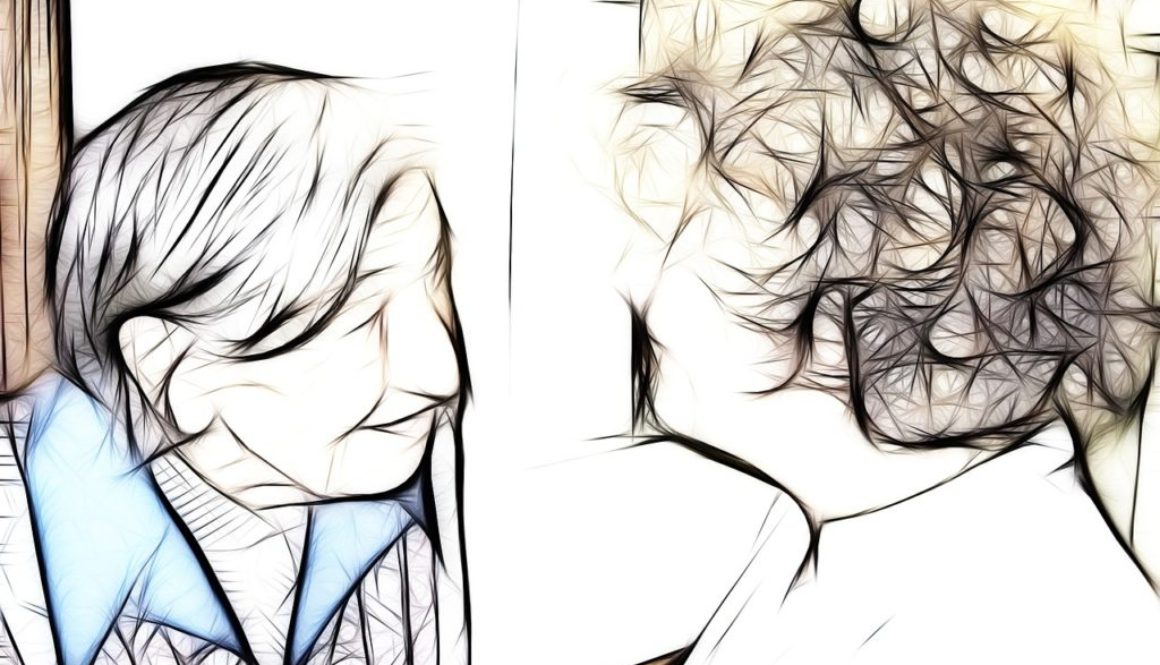6 Medicaid 5-Year Lookback Facts You CAN’T Ignore
You can’t understand Medicaid eligibility in its entirety without knowing ALL of its moving parts. Oh, and there are more than a few variables — from financial calculations and tiers of eligibility to applicant categories and levels of coverage — which can greatly confuse the planning process.
Knowing the Medicaid 5-year lookback period is key. In a nutshell, Medicaid is a federal entitlement program, administered by the states, for low-income individuals to receive free or low-cost health coverage. It’s strictly monitored to avoid undue benefits to those who don’t qualify.
And that’s where the 5-year lookback comes in for those applying for Long-Term Care Medicaid programs to cover at home, assisted living and/or nursing home costs. The system ensures people with sufficient assets and/or income haven’t artificially deflated their net worth to achieve eligibility.
How Does the Florida Medicaid 5-Year Lookback Work?
You, a spouse or another loved one in your household may reach Medicaid eligibility by transferring assets elsewhere. You just can’t offload them in bulk within the last half-decade. You can’t sell property for less than fair-market value for convenience. Basically, you and/or your loved one can’t have recently had the financial means to pay for care personally.
Here are 6 lookback facts you absolutely can’t ignore:
1. Medicaid Examines ALL Asset Transfers (Even Gifts)
Medicaid will look at all financial records dating back five years. Let’s say you’re submitting your Medicaid application on June 1, 2022. The system will examine ALL of your assets, bank accounts and investment portfolios dating back to May 31, 2017.
What are they looking for? They’re seeing what property and money left yours or your loved one’s legal possession, how much and when. Some hypotheticals:
- If you transferred a home valued at $350,000 to one of your children in 2018, that’s a no-no. (*An exception in Florida is if that adult child resided with you for two years or more and prevented you from needing to move into long-term care.)
- If you gifted $50,000 to your sister in 2020, that’s a no-no.
- If you sold a collection of baseball cards and memorabilia valued at $40,000 for less than fair-market value in 2019, that’s a no-no.
- If you transferred a home valued at $425,000, a $40,000 vehicle and $378,000 in stocks to your second cousin on May 17, 2017, you’re in the clear.
And that’s the point. You need to do the financial and legal planning process early enough to execute the plan BEFORE the five-year lookback.
2. Tax and Medicaid Rules are NOT the Same
Speaking of gifts, the IRS says a citizen may give individual gifts up to $15,000 per person per year without a tax obligation. I’ve seen many individuals hurt their own eligibility by assuming a gift up to $15,000 would be exempt for Medicaid purposes, as well.
Tax law and Medicaid rules are NOT the same — no matter the purpose, no matter the form of gift. Medicaid officials will likely uncover that $13,000 gift for a son to buy a new car or that $4,500 college “scholarship” for a granddaughter, even if they’re “under the table.”
Furthermore, an individual or married couple may choose to divest assets. This often requires liquidating the asset(s) for a clean money transfer. That money? That’s taxable. If you realize large sums, the taxes may be extraordinarily high. We would work with a licensed tax professional and an elder law attorney to build an estate plan protecting assets legally and ethically.
3. Medicaid Qualifying Trusts are NOT Exempt
This is also a popular misconception regarding Medicaid 5-year lookback rules. A Medicaid Qualifying Trust (aka “irrevocable trust”) was built during the last half-decade, it’s a gift in the eyes of the law. As a gift, it’s a violation of Medicaid eligibility rules.
An irrevocable trust transfers assets from an individual or couple (grantor) to a third party (a trustee), who owns the assets temporarily to be given to specified beneficiaries later. Eligible assets include physical property, investments, cash and annuities.
Not only are irrevocable trusts exempt from the 5-year lookback, they’re also, just as their name implies: irrevocable. We would not advise such a legal roadblock, should you or your loved one require access to those assets in an emergency during the lookback period.
4. Penalty Period Divisor
You may apply and be deemed eligible for Medicaid overall — while still running afoul of the 5-year lookback rule. In which case, you may be assessed a time penalty to receive benefits.
It’s calculated through a simple formula: the penalty period divisor. It’s different in each state. Here in Florida in 2021, it is $9,703. So say, using easily understood figures, you transferred within the 5-year timeframe a stock portfolio valued at $97,000 to your sister and did not receive something of equal or greater value in return. That would be considered an uncompensated transfer of assets. The Florida Medicaid office would divide that total by $9,703 and arrive at 10 months of ineligibility.
I mentioned in a previous blog on Medicaid eligibility rules to avoid your neighbor (I called her “Betty”), who spouts numerous outdated and outlandish claims about navigating the process for a loved one decades ago. She’ll claim the state will seize your assets for ineligibility. But she’s mistaken: probatable assets will be taken only after the individual’s death if you can’t pay for long-term care through Medicare, private insurance, savings, or Medicaid or VA coverage.
The most Medicaid will do is deny eligibility outright or assess a penalty period until coverage can take place.
5. Family Care
Family members and close friends may be paid under Medicaid rules. In fact, it’s quite common. They may provide paid services ranging from simple housekeeping duties to personal care and nursing assistance typically expected of a medical professional. Services may come before, during and even after entering long-term care covered by Medicaid.
But be careful. Document, document, document. You could run afoul of the 5-year lookback period without a service contract to document EVERYTHING:
- Rate of pay (aligning closely with fair and reasonable labor rates in the area(s) of service and geographic region)
- Service details (who, what, when, where, why and how)
- Relation to the person(s)
- Beginning and end dates
Which segues nicely to the next logical point.
6. Document EVERYTHING
You or a loved one essentially will present the last five years of life (and potentially more) during the Medicaid application process:
- Property transfers
- Gifts
- Cash savings
- Investments
- Sales/divestitures
- Service contracts
And everything in between. If you don’t have the proper documentation — even if a personal item was sold at fair-market value — it may violate Medicaid rules. Many people like to offload personal property, like vehicles, to relatives and friends. Most transactions these days — even amongst friends, but especially with property registered with the government — leave a paper trail. It’s best to represent that paper trail honestly to avoid unknowingly breaking rules.
Hire a Professional to Navigate the Medicaid 5-Year Lookback
We can’t stress this enough: you need a professional to help. Caregiver Support & Resources, LLC works with elder-law attorneys, and we can legally and ethically protect people’s assets to help them qualify for Medicaid and VA attendance.
Medicaid, unlike Medicare, will cover most long-term care costs. Once we obtain Medicaid eligibility for an individual, if they remain within the Medicaid guidelines, they will have eligibility for the rest of their lives. Likewise for VA aid and attendance.
There’s no reason an elder or their spouse should live in poverty for transitioning to higher levels of care. Our clients, their families and future generations may still live in comfort and dignity.
(Editor’s Note: Caregiver Support and Resources, LLC is not a law office. Maureen Rulison is not an attorney. The information contained in this blog is not to be construed as legal counsel or advice or substituted as such in any U.S. state, territory, locale or foreign state where it can be accessed. Rather, this blog is meant only to educate elders, care partners and families as to legal processes around life care planning.)












